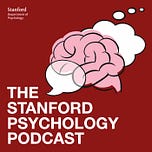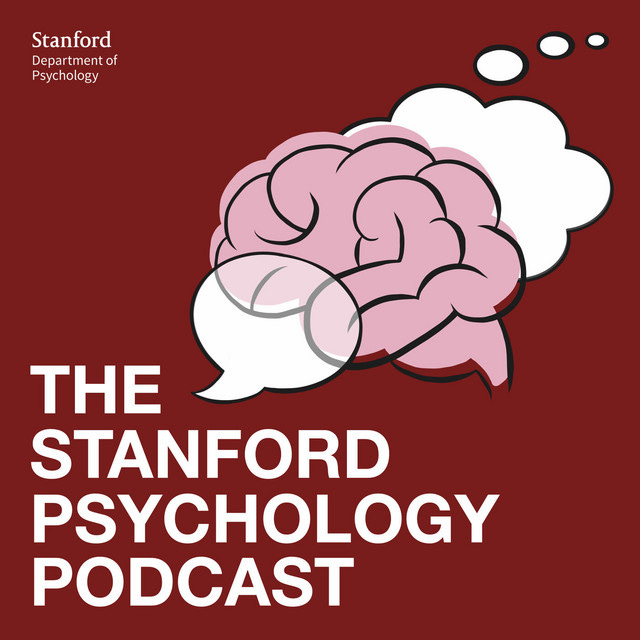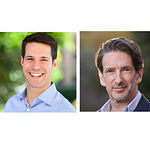Bella chats with professor Russ Poldrack.
Russ is the Albert Ray Lang professor of psychology at Stanford University, where he directs the Poldrack lab. Russ also serves as the director of the Stanford Center for Reproducible Neuroscience and the SDS center for Open and Reproducible science. Russ and his lab use cognitive, computational, and neuroimaging approaches to study how decision-making, executive control, and learning and memory are implemented in the human brain.
In this episode, we discussed Russ's research in cognitive neuroscience using neuroimaging techniques such as MRI and fMRI, as well as his effort and contribution to reproducible science. For example, along with colleagues, Russ created and is currently managing a platform called Openneuro, an Open Archive For Analysis and Sharing Of Brain Initiative Data. Russ also talked about an innovative and fascinating study called “My connectome project”, in which he was his own subject for 18 months. He then shared interesting findings from this project and how this project had impacted how he thinks about his brain and future neuroimaging research.
In the end, Russ shared his advice and tips with people who are applying to graduate school in neuroscience, as well as a fun story about discovering a surprising finding in his own brain.
If you find this episode interesting, please leave us a good review on your podcast platform! It only takes a few minutes, but it will allow our podcast to reach more people and hopefully get them excited about psychology and brain sciences.
Links:
Russ's lab: https://poldracklab.stanford.edu/
Russ’s Twitter: @russpoldrack
Russ’s books:
- Hard to Break: why our brains make habits stick https://press.princeton.edu/books/hardcover/9780691194325/hard-to-brea
- The New Mind Readers https://press.princeton.edu/books/hardcover/9780691178615/the-new-mind-readers
Bella's website: https://bellafascendini.github.io/
Bella's Twitter: @BellaFascendini
Podcast Twitter: @StanfordPsyPod
Podcast Substack:
Let us know what you think of this episode or the podcast! :) stanfordpsychpodcast@gmail.com














Share this post